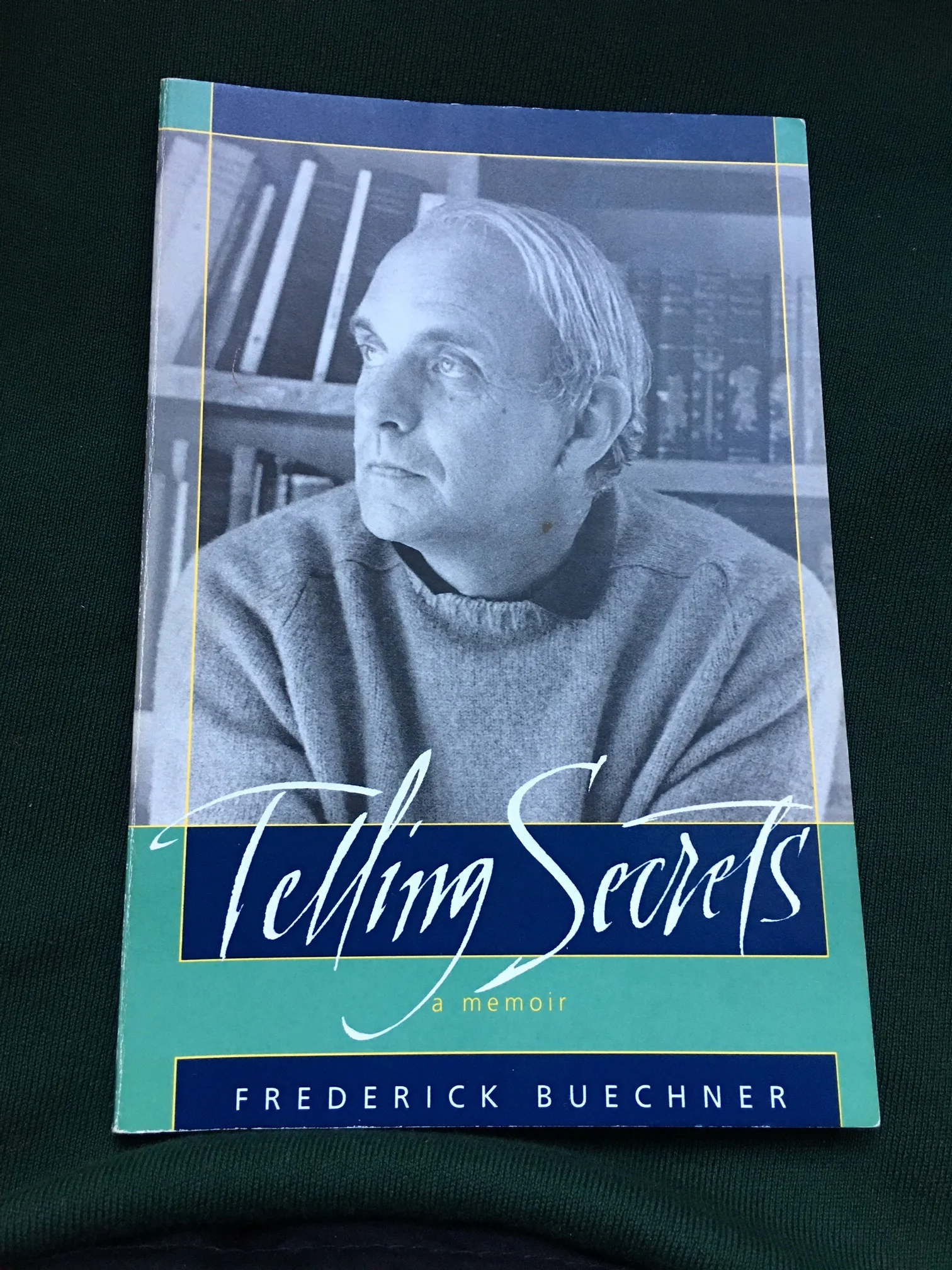Buechner, Lewis: Telling Secrets 1
“I have come to believe that by and large the human family all has the same secrets, which are both very telling and very important to tell. They are telling in the sense that they tell what is perhaps the central paradox of our condition—that what we hunger for perhaps more than anything else is to be known in our full humanness, and yet that is often just what we also fear more than anything else.” Frederick Buechner, Telling Secrets
In Telling Secrets Buechner reminds us that we so often are like the dwarves in the stable in The Last Battle by CS Lewis. We do not see the good and do not realize that we are surrounded by beauty but live trapped lives because of our dark secrets. We are as sick as our secrets and only can get well by airing these secrets if only in our own hearts. Like the dwarves we live our lives huddled together in what we think is a cramped, pitch-black dark stable where there is little room to breathe. In reality, we are in the midst of an endless green meadow where the sun is shining and the sky is blue. Aslan himself (God) stands there offering freedom, but the dwarves cannot see him and only see each other. We are our secrets and our trusting each other enough to share them with each other has much to do with the secret of what it is to be connected to the God within us as well as to honor our humanness.
As we go into this new year, what secrets are we carrying that are keeping us in the dark?
Joanna joannaseibert.com


